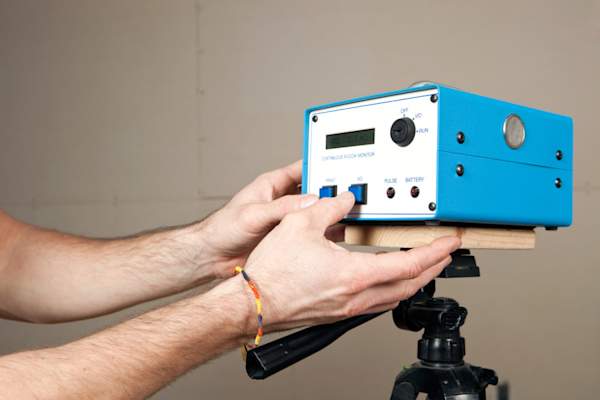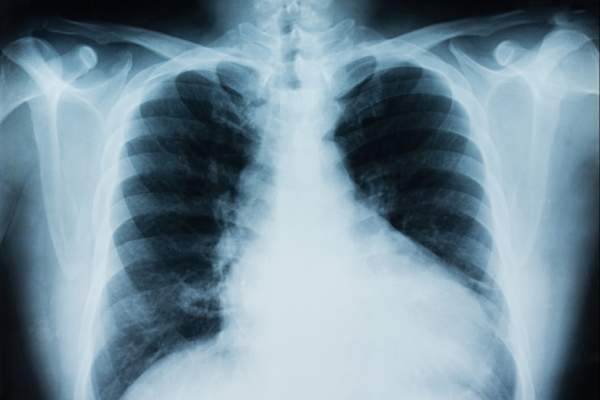7 Ways Your Loved Ones Can Reduce Their Lung Cancer Risk


Because your immediate family members may be at increased risk of developing lung cancer if you too have the disease, here are some tips to stack the odds in their favor.

Don’t Smoke
It may be obvious, but it bears repeating: Smoking cigarettes is — by far — the no. 1 cause of lung cancer deaths in the U.S.,according to the Centers for Disease Control and Prevention. Encourage any smokers in your family to quit: If they stop before cancer starts,the damaged tissues begins to repair itself. Remind them that it’s never too late to stop.

Don’t Breathe Others’ Smoke
Secondhand smoke contains exactly the same cancer-causing chemicals that smokers inhale.And it’s especially problematic for children. Ensure that your loved ones live in smoke-free homes and drive in smoke-free cars.

Eat Your Veggies
If your family members don’t smoke, their risk of developing lung cancer is MUCH reduced. Eating a diet full of fresh fruits and vegetablesmay reduce their risk even further. Bonus: Eating a rainbow of produce has been linked to reduced risk of other chronic diseases and high blood pressure. (Here area few delicious ways to get started.)

Test Your House for Radon
Radon is the second-leading cause of lung cancer, but you can’t see, smell, or taste it. Because it’s not limited to mines, if you live in a higher risk geographic location,it’s important to test your home.Fortunately, it’s possible to lower radon if your home tests on the high side.

Test Your Water Too
If the water in your house comes from a well,test it for arsenic. Like radon, it’s impossible to detect without a test. Check your state health department for a list of labs that conduct tests. Treatment systems can reduce high levels.

Avoid Air Pollution
While it can be tricky to do depending on where you live,breathing air free of pollutants may reduce your risk of lung cancer — especially for smokers.

What to Keep in Mind When Buying a House
If you’re house-hunting, look for homes far away from freeways andcheck air quality reports. Your living situation indoors matters as much as it does outdoors, in terms of pollution exposure.

Consider Your Workplace Environment
Don’t snooze during those health and safety presentations at your workplace —exposure to asbestos and other hazards can increase the risk of lung cancer, especially if you smoke. The United States Department of Labor, Occupational Safety and Health Administration (OSHA), hasinformation and standards on asbestos exposure in the workplace.

If You’re Still Concerned, There Is Something You Can Do
Still worried about your loved ones and their lung cancer risk?Let them know they can talk to their doctor about a screening program.
